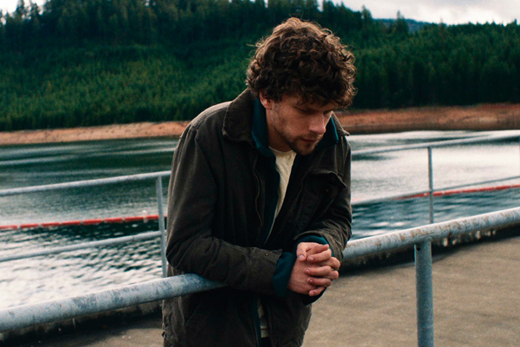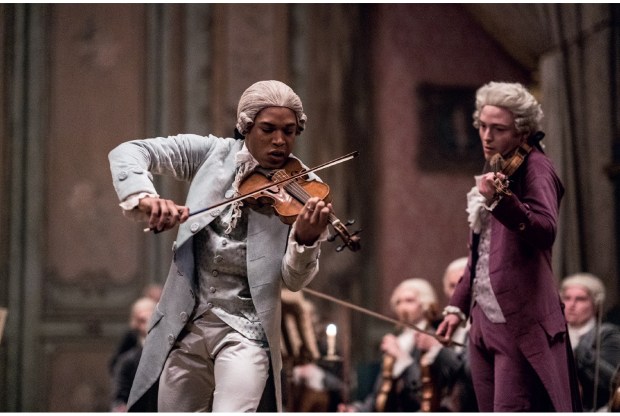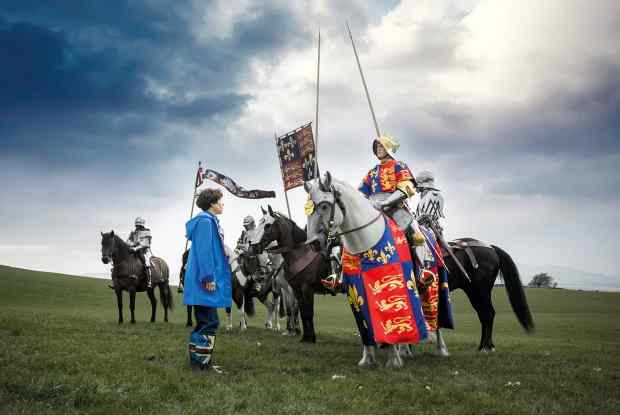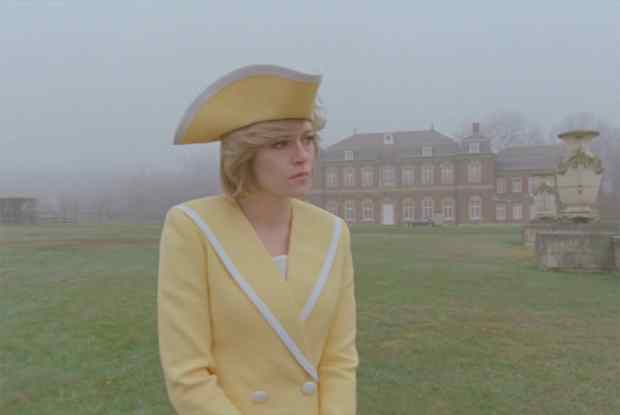Night Moves is a film by Kelly Reichardt, who also made the heart-wrenching Wendy and Lucy (2008), which may be one of my favourite films of all time. (If you don’t know it, go look it up; I’m old now, so no longer have the energy to educate you in these matters.) Her films, she has said, are ‘just glimpses of people passing through’ but whereas you or I would make a film about people just passing through which would be just that — everyday people would pass through, uninterestingly — her understanding of character and narrative and character as narrative is so profound, these ordinary people become wholly absorbing. She also, I should mention, made the wonderful Meek’s Cutoff, but you’re going to have to look that up too.

This has been described as a ‘thriller’, although, in fact, it half is, half isn’t, as it changes mood somewhere in the middle, and becomes more about what guilt does to a person, and how it might push you over the edge, but there is nothing amiss with that. Buy one genre, get one free, is the way I look at it. Our main characters are eco-activists who plan to blow up a hydroelectric dam in Oregon. They are Josh (Jesse Eisenberg), Dena (Dakota Fanning) and Harmon (Peter Sarsgaard). Josh works among cabbages and sweet potatoes at a farming co-op. Dena is a rich kid, who, disgusted by consumer capitalist society, has dropped out. Harmon is an ex-con and former Marine who knows how to blow stuff up, and is the kind of sleazy alpha male who, at one time, could well have been played by Jack Nicholson. We never find out how they know each other. Reichardt allows occasional facts to percolate to the surface, organically, as they would, but there are no back stories as such, and no one tells anyone else what they would already know (my own particular bugbear) and there is no exposition. You remember that Dan Brown film with Tom Hanks and Hanks is running through the streets of Rome telling you everything that’s happened over the past 500 years, and who’s who, and where we are at exactly? Think the opposite of that.
The film opens with Josh and Dena inspecting the dam from a viewing bridge. They wear the browns and greens of the landscape as if they are it and it is them. They buy a boat, Night Moves, which they take to Harmon then pack with ammonium nitrate fertiliser to fuel the blast. Not much happens during this pre-bomb phase — it is manual labour, mostly — but the atmosphere escalates with mounting dread. Are they going to pull it off? Is that inquisitive picnicker ever going to go away? Do they trust each other? Or even like each other? We are told little about the characters, like I said, but know everything about them, from what they say, from what they don’t say, their alliances, and the flickers of doubt that cross their faces. Harmon is in it for the explosion. Dena wouldn’t be wanted if it weren’t for her money. Josh is humourless, a loner, angry. ‘Killing salmon just so everyone can run their f***ing iPods all day,’ he spits at one point. But it’s not an eco-message film. It’s not forced down your throat. You just get the odd, momentary glimpse of something, like the couple parked up by the beautiful lake but watching TV from inside their motor home. Or the human advertising billboard, wandering the streets in a cow costume, and holding a cardboard cut-out of a milk carton. That’s first-world capitalism for you. Do we even like Josh and Dena and Harmon? We’re not invited to like or dislike. They just are.
I don’t want to include any spoilers — you can apparently get ten years for a spoiler these days — so will only say the explosion is not clean. Consequently, the three agree to separate and not contact each other, at which point the mood changes and we focus on Josh: his guilt, his distrust, his paranoia and, probably, his repressed sexual desire. I have no idea what the film is saying. That you must deal with the fall-out of your actions? That activism must never come at the expense of humanity, no matter how fired up you might be? Don’t know, don’t care, irrelevant. I can only tell you that, as it inches forward, you will want to inch with it. Also, Old Joy is good. You can look that up too.
Got something to add? Join the discussion and comment below.
Get 10 issues for just $10
Subscribe to The Spectator Australia today for the next 10 magazine issues, plus full online access, for just $10.
You might disagree with half of it, but you’ll enjoy reading all of it. Try your first month for free, then just $2 a week for the remainder of your first year.













Comments
Don't miss out
Join the conversation with other Spectator Australia readers. Subscribe to leave a comment.
SUBSCRIBEAlready a subscriber? Log in